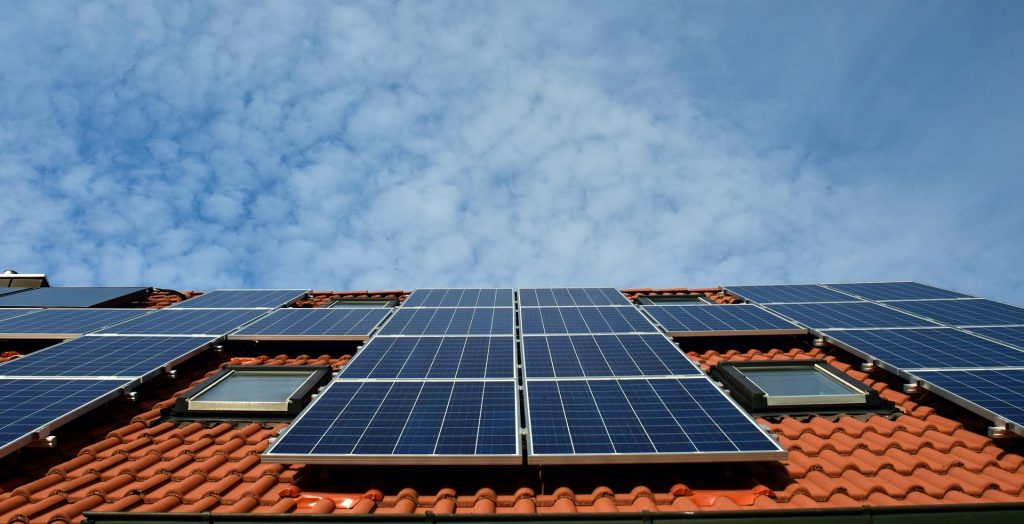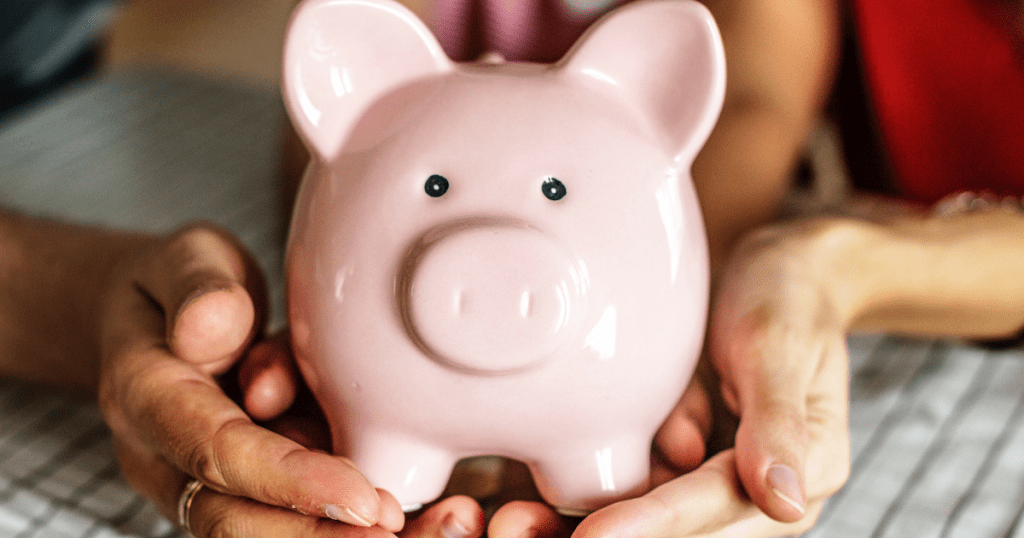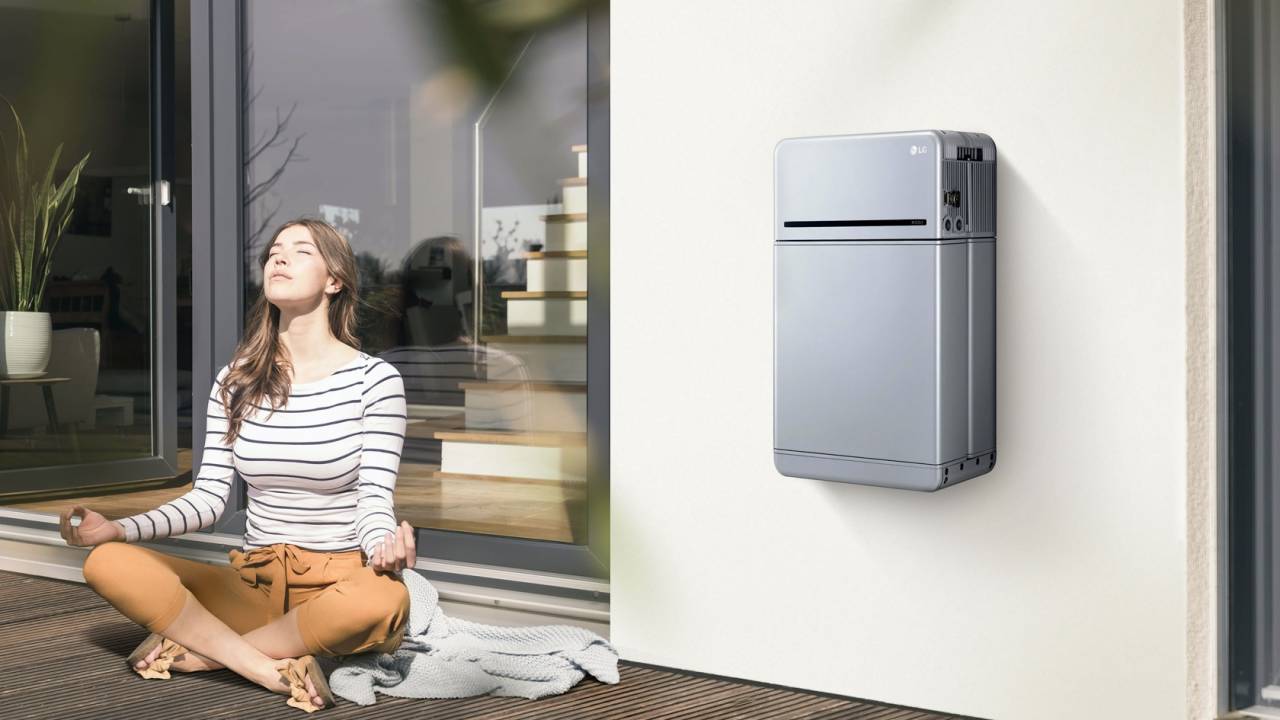The solar industry is booming and you’ve gone solar; or at the very least, done your research and are ready to make the move into a more sustainable, affordable and environmentally friendly energy solution. Now it’s time to think about whether a battery to store your excess solar electricity might be right for you.
For homeowners with solar panels installed; seeing their own excess solar energy feed back into the grid during the day, only to be charged to get it back in the evening is enough to make anyone want to go rogue from big energy and completely step off the grid. But is it really as bad as it seems? Is it time to buy a solar storage battery?
A solar battery basically takes any unused solar generated during the day and stores that energy to use later, rather than sending it to the grid. Sounds like a fantastic solution. But is it for everyone? Is a solar battery a good investment? Well, It might sound counterintuitive to say this, but in more cases than not, the answer is often no. Batteries are only going to help in a few specific cases.
Here are some considerations you need to take into account before buying a battery:
1. Current panel capacity to generate enough energy
How much energy are your panels generating during the day? You need to generate a considerable amount of excess energy to make a solar storage battery a worthwhile investment.
With the prices of solar panels dropping dramatically over the past decade, solar customers are now installing much larger systems, which often means they produce more electricity than they consume over a 24 hour period. It is this type of scenario where installing a battery might make good economic sense.
If your home has a smaller system you may find it is just not large enough to create enough excess electricity to power both the home and fully recharge the battery every day.

If this describes your current solar situation then you’re often better off taking advantage of Victoria’s generous feed-in tariffs than investing in a battery, or consider opting for a larger system first.
2. The payback period on your investment
The current payback for solar batteries in Victoria ranges from around 8 – 13 years.
The Payback period is the cost of the system, compared to the total savings on your power bill, over the same period of time that the battery is under warranty. You want the savings to exceed the overall cost of the battery before the warranty expires.
Quite simply, if the payback period exceeds the warranty period, a battery may not to be a good investment. Keep in mind though that a good battery will give 10+ years of immunity to the ever-rising cost of power in Australia, so for that reason alone could still be a good option.
Most warranties for quality solar batteries are 10 years, but many premium batteries will continue to perform well beyond their warranty, so make sure you do your research and buy quality.
If you’re unsure if a battery is going to give you a return on investment, and want to do a more research, check out the Solar Choice website. Solar Choice has some great calculators that take into account time of day power use, the angle of your house, and other factors that will tell you what cost savings you could expect from a battery. Another great site for further research is Victorian Energy Compare.

If you’re unsure what size storage your home needs, or if a battery will provide a return on investment, Contact us for a chat.
3. Premium Victorian Solar Feed-in Tariff Scheme:
If you one of the lucky ones on the older solar feed-in tariff scheme (from around 10 years ago), you have a massive incentive to feed excess power into the grid. If your panels are still working well, chances are the tariff is still giving you great bang for your buck and there’s not much need for a battery.
The output of solar panels decreases by about 1.5% each year (newer panels are designed to last much longer); however if you keep them in good condition with regular maintenance and cleaning, you can maximise the output of your system for many years to come.
If you already think your panels are becoming too sluggish, then it might be time to think about upgrading. Keep in mind that in doing this you will go back to the standard feed-in tariff that every Victorian gets, however, new panels will eventually pay for themselves with their improved performance.
If you’re unsure how much life is left in your panels, our team are happy to chat about your existing panels and give you advice on general maintenance and cleaning – just drop us a line.
4. Time of day use
We often will look at an existing solar system and the average power use of a home, and find that a battery would not provide enough of a benefit, however, there are some circumstances where it does.

During the week, many of us are not at home when the sun shines, and use most of our energy at night. In situations like this, homeowners who are exporting most of the solar electricity to the grid may benefit from installing a battery. Solar Flow can work closely with you to determine if a battery is suitable for your particular scenario and can advise you on the size that will suit you best.
5. What’s important to you
It is very likely that in the next few years, homes with solar and batteries will become the norm.
Being a leader and adopting new technology is important for some and also helps the market mature as the technology becomes accepted in the community.
For many, getting a battery is not a question of investment – it’s about getting off the grid and saying goodbye to ever-rising power prices and being held hostage by large energy retailers. It’s about taking back control.

Others choose a battery as a way of reducing their consumption of fossil fuels. Adding a battery to their solar system means that during the day they can charge their battery with renewable electricity, and at night they can reuse that renewable electricity stored in their battery rather than using electricity generated from coal, gas or other non-renewable sources. If this is important to you, make sure you are using a high-quality battery so it doesn’t leak excess energy, and lasts well beyond its warranty period.
If you’re still unsure if a battery is right for you, contact us on 1300 93 14 24, via email at info@solarflow.com.au, or request a quote and well come right back to you.
